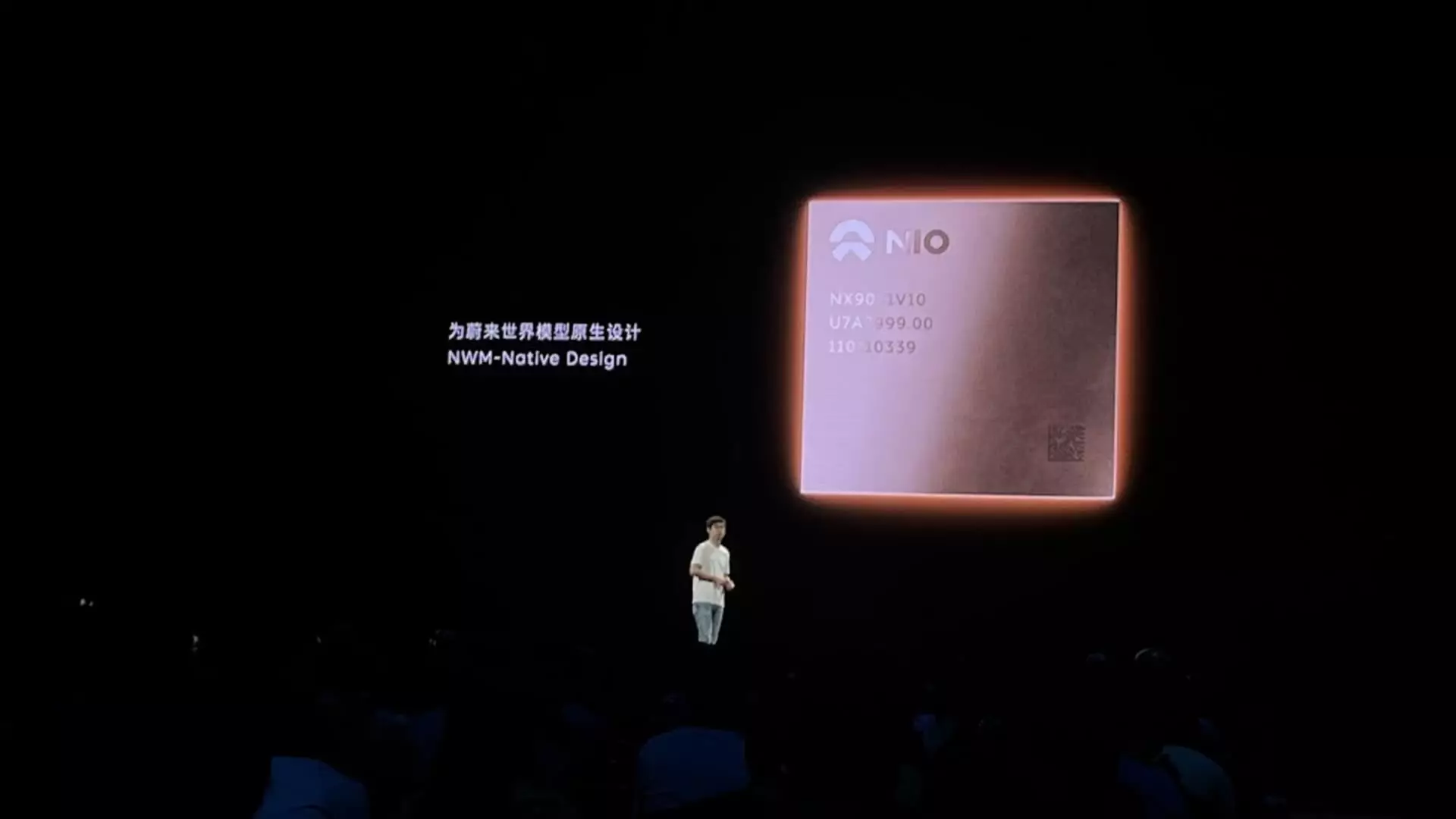Chinese electric car companies are ramping up their efforts to produce in-house designed auto chips, moving away from relying on established players like Nvidia. Nio and Xpeng have announced the readiness of their own chips for production, signaling a shift in the industry landscape. The move is driven by a desire to differentiate their products from competitors and have more control over the features integrated into their vehicles.
With a growing emphasis on advanced driver-assist functions and self-driving capabilities, Chinese EV makers are investing in developing their own silicon chips. This shift is motivated by Tesla’s success in developing proprietary chips for autonomous driving, leading other companies to follow suit. By designing their own chips, automakers can tailor features to their specific needs and reduce dependence on external suppliers, especially amidst geopolitical tensions affecting supply chains.
Nio’s introduction of the NX9031 chip utilizing 5 nanometer production technology represents a significant milestone in the Chinese automotive industry. By leveraging cutting-edge technology, companies like Nio aim to enhance the performance and efficiency of their vehicles, setting the stage for innovations in the market. Xpeng’s Turing chip, known for its advanced driver-assist technology, further highlights the industry’s focus on developing in-house solutions to stay competitive.
Despite their foray into chip development, Chinese electric car companies like Xpeng continue to maintain partnerships with established players like Nvidia. Such collaborations enable companies to leverage existing expertise while exploring new technological frontiers. Looking ahead, industry giants like BYD are recognizing the importance of semiconductors in driving the next phase of electric car development, emphasizing the shift towards smart connected vehicles.
Government incentives and evolving consumer preferences have propelled the growth of electric vehicles in China, positioning the country as a key player in the global auto market. The increasing adoption of new energy vehicles, coupled with advancements in technology standards, underscores the industry’s rapid transformation. Companies are not only focused on enhancing vehicle performance but also on streamlining user experiences through innovations like digital keys for seamless connectivity.
The race among Chinese electric car companies to develop in-house chips reflects a broader trend towards technological self-reliance and innovation. By investing in chip-powered tech features, these companies are positioning themselves for success in an increasingly competitive market. As the industry continues to evolve, collaboration with established players and a focus on technological advancements will be key to shaping the future of electric mobility.


Leave a Reply